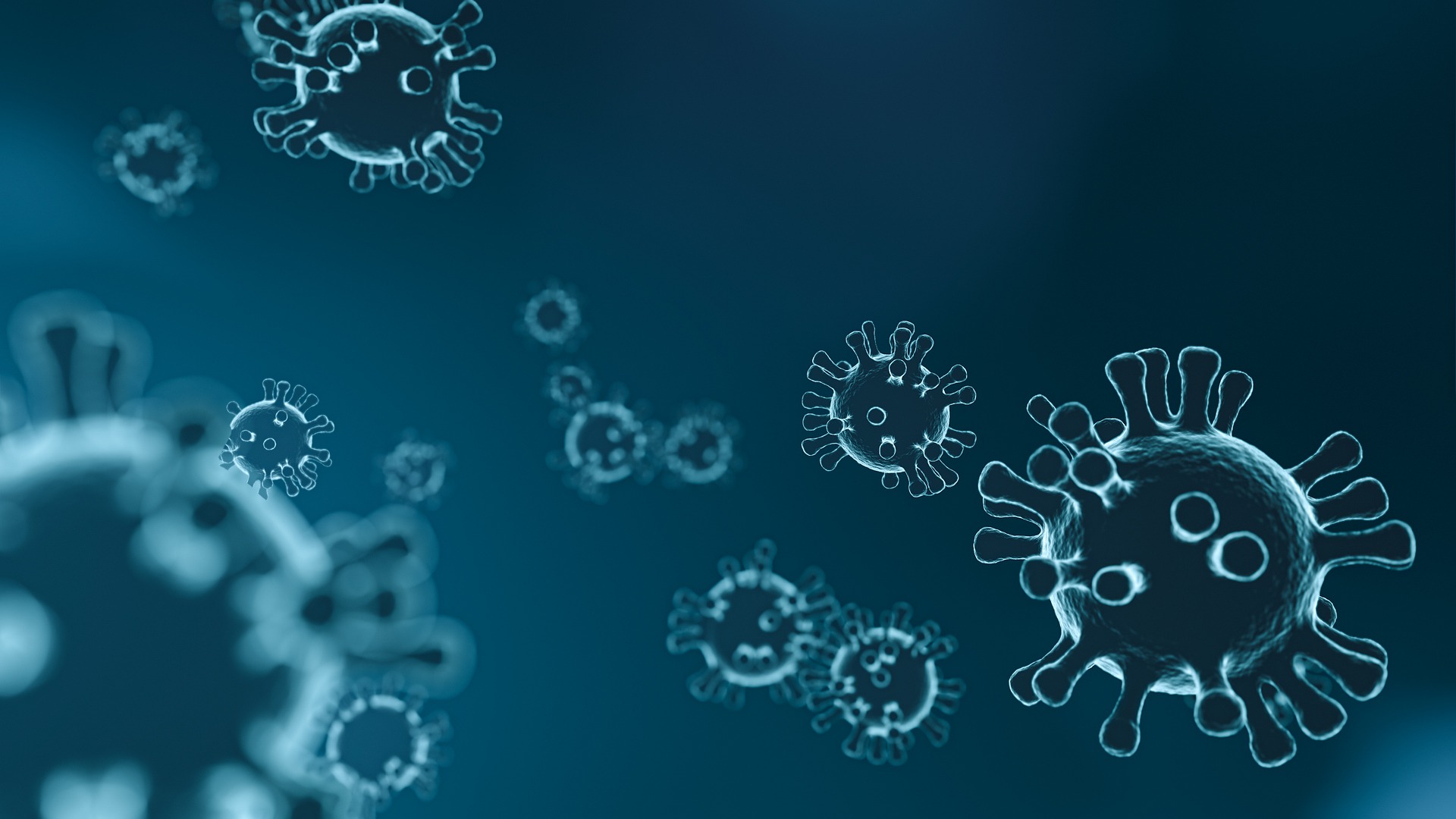News release
From:
PATIENTS WHO RECOVER FROM COVID-19 SHOULD STILL GET VACCINATED
EMBARGOED UNTIL 12:01am Monday 13 December 2021
AWARENESS of the possibility of reinfection with the COVID-19-causing SARS-CoV-2 virus should be promoted to encourage vaccination, testing, and protective behaviours, according to the authors of research published today by the Medical Journal of Australia.
Professor Benjamin Howden, Director of the Public Health Laboratory at the University of Melbourne, and colleagues, report on a case of reinfection in one Melbourne household.
“In late July 2021, three people in one Melbourne household were diagnosed with COVID-19 … All three patients had also been diagnosed with COVID-19 in July 2020, during a period of high community transmission in Victoria,” Howden and colleagues wrote.
“[Genome] sequences were available for the 2021 infections from all three patients, and for the 2020 infections from two of the patients. The 2021 sequences were genetically distinct from the 2020 sequences. Instead, they were closely related to sequences associated with the workplace of two of the patients, which was the site of a recent COVID outbreak, and to other recent sequences from Victoria and New South Wales.
“The phylogenetic data, together with the link with a known COVID-19 outbreak, indicate that the 2021 COVID-19 diagnoses reflected new infections rather than prolonged viral shedding [from the first infection].
“The three patients had no known immunocompromising conditions and were not eligible for COVID-19 vaccination at the time of either of their infections. Illness severity was similar during the first and second infections; with neither respiratory support nor hospitalisation required.”
Howden and colleagues wrote that people who have recovered from COVID-19 may be “less likely to seek vaccination”. According to Australian government recommendations there is no requirement to delay COVID-19 vaccination once a patient has recovered from acute illness. Patients should speak to their medical provider regarding optimal timing for vaccination.
“The occurrence of second infections in Australia, where the incidence of COVID-19 has been relatively low, indicates that doctors should encourage recovered patients to be vaccinated, and that public awareness of the possibility of reinfection should be promoted to encourage vaccination, testing, and protective behaviours.”



 Australia; VIC
Australia; VIC



